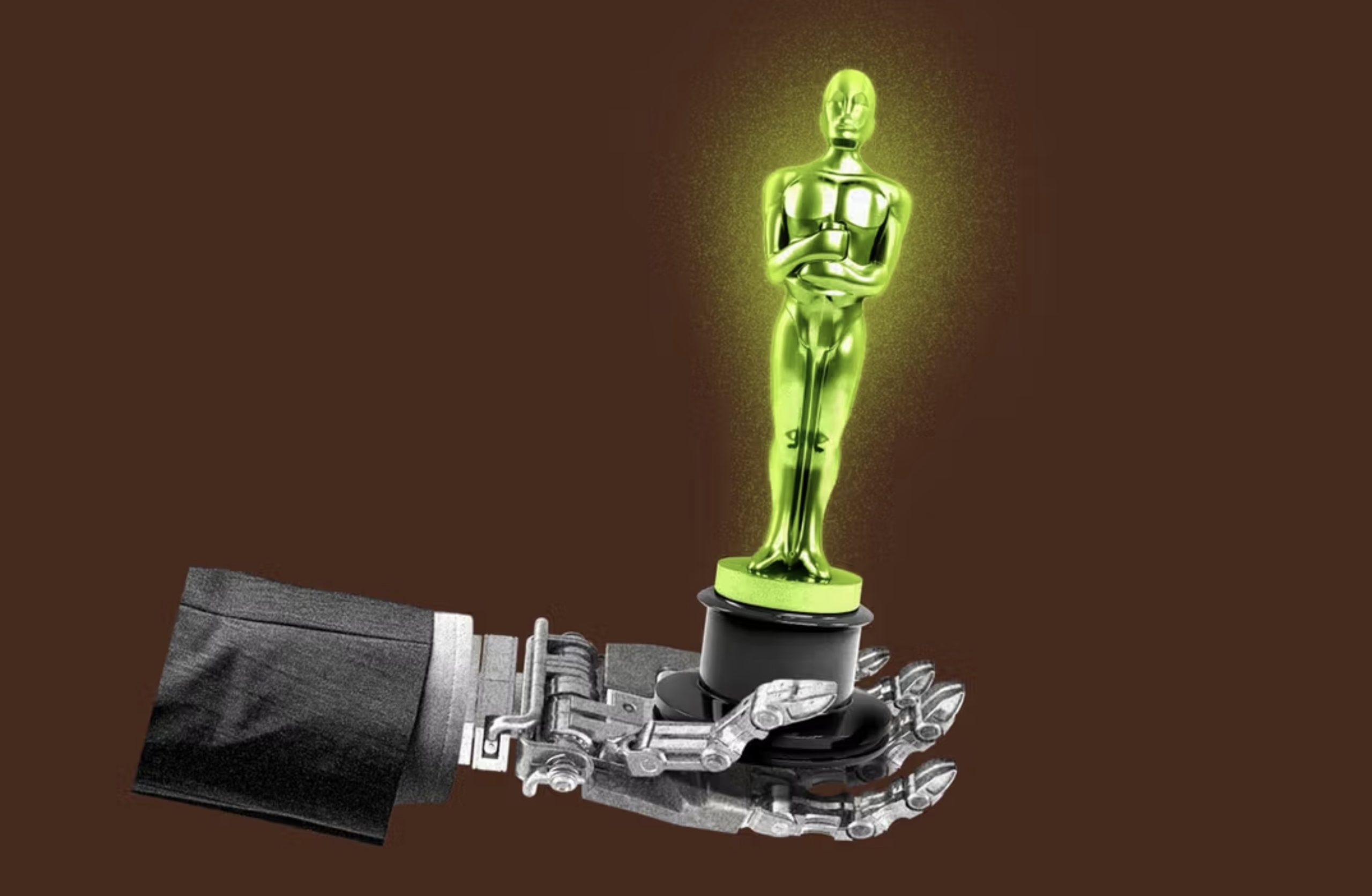Renowned filmmaker David Cronenberg recently found himself at the center of a swirling controversy involving artificial intelligence (AI) and his latest film, titled “Brutalist”, which has been accused of pioneering a potentially problematic Oscar campaign. With an illustrious career spanning decades and a reputation for pushing boundaries in cinematic storytelling, Cronenberg’s latest work is once again challenging both traditional norms and modern technological advancements.
The AI Controversy: Art vs. Technology
David Cronenberg’s “Brutalist” has been under scrutiny for its use of AI in the filmmaking process. This controversy raises the age-old question of whether art created with advanced technology maintains its authenticity and artistic merit. The film’s utilization of AI for certain technical tasks, like generating digital effects and enhancing cinematographic elements, is particularly at issue. Some purists argue that the infiltration of AI into the cinematic process threatens the sanctity and originality of human creativity in film.
Understanding the Role of AI in “Brutalist”
- AI was primarily used for special effects and editing processes, streamlining the workflow.
- The technology freed up Cronenberg’s creative team to focus more on nuanced aspects of storytelling and performance.
- Cronenberg emphasizes that human oversight remained at the core of the film’s creative decision-making process.
Despite apprehensions, other filmmakers and industry professionals advocate for the integration of AI, suggesting it enhances capabilities and allows for a new era of storytelling. However, Cronenberg recognizes the importance of setting boundaries, asserting that AI should remain a tool rather than a replacement for human artistry.
Oscar Campaign Strategy: Allegations and Responses
The controversy doesn’t end with AI alone. The Oscar campaign for “Brutalist” also raised eyebrows with its aggressive strategy, which some critics claim echoed infamous tactics previously seen in the industry, notably those associated with figures like Harvey Weinstein.
Cronenberg’s Justification
- The campaign’s intensity aimed to draw attention to the film’s unique storytelling and thematic complexity.
- Cronenberg firmly rejects any comparison to Weinstein’s methods, highlighting ethical practices and transparency in the campaign.
- The filmmaker stresses the importance of recognition for the cast and crew’s hard work and innovation.
Industry insiders have debated the ethics of aggressive marketing strategies in Oscar campaigns, with some cautioning against blurring lines in the pursuit of accolades. Cronenberg remains steadfast in his stance, advocating for innovation both behind the camera and in how films market themselves to an increasingly fragmented audience base.
Responding to Critics and the Future of AI in Film
In a recent interview, Cronenberg directly addressed his critics, defending his film from accusations of compromising artistic integrity due to the involvement of AI. He pointed out the evolving nature of filmmaking technology and its historical role in pushing the industry forward, noting that skepticism often accompanies innovation.
The Broader Impact
- This debate is part of a larger discourse on how technological advances redefine storytelling.
- Cronenberg envisions a collaborative future where AI and human creativity enhance one another.
- The controversy surrounding “Brutalist” serves as a case study for the ongoing dialogue about technology in cinema.
Cronenberg’s responses underscore an essential conversation about the balance between embracing new possibilities without losing the essence of genuine artistic expression. As he pushes the boundaries of what’s possible in cinema, Cronenberg highlights the myriad opportunities that technology offers when wielded responsibly.
Conclusion: Innovation, Ethics, and Artistic Integrity
The intersection of AI and cinema invites a deeper exploration of the ethical and creative dimensions of modern filmmaking. David Cronenberg’s engagement with both AI technology and a controversial Oscar campaign highlights necessary discussions about the role of innovation in the arts.
As the industry continues to evolve, filmmakers like Cronenberg are at the forefront, challenging resistance and fostering conversations about how art can adapt while preserving its core values. “Brutalist” is perhaps not only a movie but a manifesto — a statement on the potential and pitfalls of integrating technology with the timeless art of storytelling.
Ultimately, David Cronenberg’s approach encourages the film industry to thoughtfully consider how to balance technological advances with the personal touch that defines enduring cinematic experiences. As audiences and creators alike navigate this dynamic landscape, the principles of ethics, authenticity, and artistic vision remain critical points of consideration.
“`




